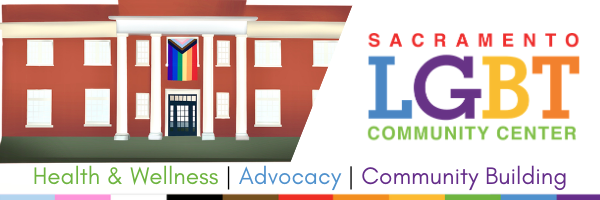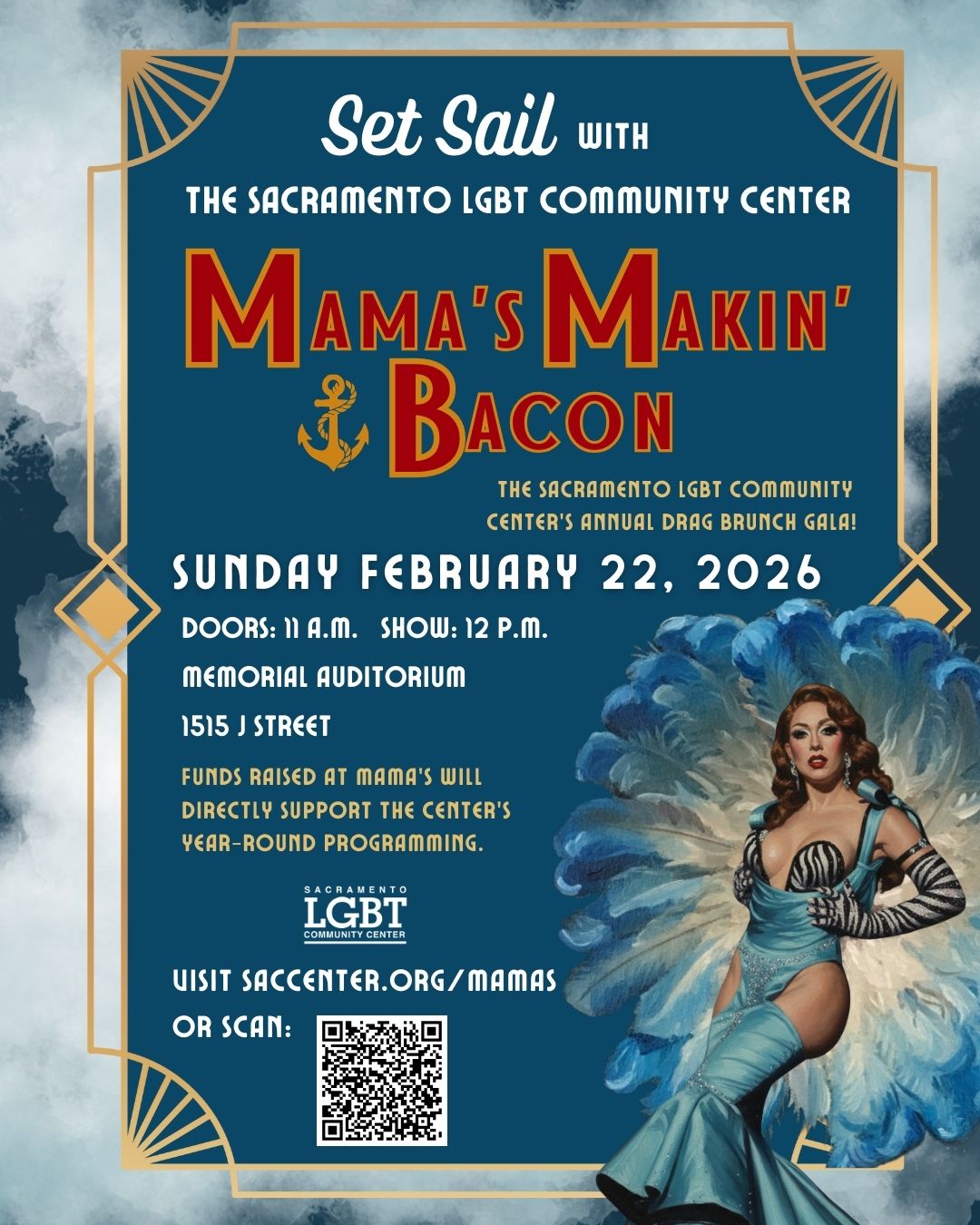On Trans Day of Remembrance (TDOR) we remember and honor our trans and non-binary siblings who have been killed at the hands of transphobic and transmisogynistic violence. In 2020, over 350 trans and non-binary folx have been killed around the world, with the large majority being Black and Brown trans women. Within the United States, there have been at least 33 documented cases of trans and non-binary folx who have been murdered this year. That number is far too high.
Although, TDOR focuses on those we have lost to murder, it is also important to recognize trans and non-binary folx who have died because of non-affirming families and friends, lack of access to housing and mental health resources, suicide, and other preventable causes. In addition, Black trans and non-binary folx continue to experience the highest rates of police brutality and incarceration in the LGBTQ+ community. It is more imperative now than ever that we continue to advocate for equity and justice for our trans and non-binary community, not just during Trans Awareness Week, but every single day.
Our work is never done until we create a region where ALL of our LGBTQ+ community can truly thrive. If you have been a victim or witness of hate or bias incidents please complete our Hate and Bias Incident Reporting form here. All reports will be kept confidential to the extent possible. You also have the option to file anonymously.
A hate incident is an action or behavior motivated by hate but legally protected by the First Amendment right to freedom of expression. Examples of hate incidents include name-calling, insults, distributing hate material in public places, and displaying hate material on someone’s own property. If a hate incident starts to threaten a person or property, it may become a hate crime.
A hate crime is an offense based on the victim’s color, race, national origin, gender, sexual orientation, religion, age, ancestry, or disability. A hate crime is any crime committed because of these factors, or a victim selected because of these factors. Examples include physical assault, stalking, criminal threatening, vandalism, verbal abuse, and reckless conduct.
Bias incidents are statements that are offensive or racist but are not illegal. These incidents are types of prejudice that are not criminal offenses because legislators have decided not to criminalize them, or because they are protected under the First Amendment. Examples include hate speech, religious slurs, sexist jokes, offensive graffiti, or remarks on social media.
Other resources:
- Policy: Educate yourself about the decriminalization of sex work, and how decriminalization would impact the lives of trans and non-binary folx.
- Know Your Rights: Research your rights for interacting with law enforcement, and learn ways to safely de-escalate situations in which police are verbally or physically harassing trans and non-binary folx.
- Mutual Aid: Find mutual aid networks in your city and state, and plug into the needs that trans and non-binary have named as priorities for their communities. You can also contribute to mutual aid funds for trans and non-binary folx to ensure that your money will directly benefit their survival, and donate to bail funds for trans and non-binary folx who cannot afford cash bail.


